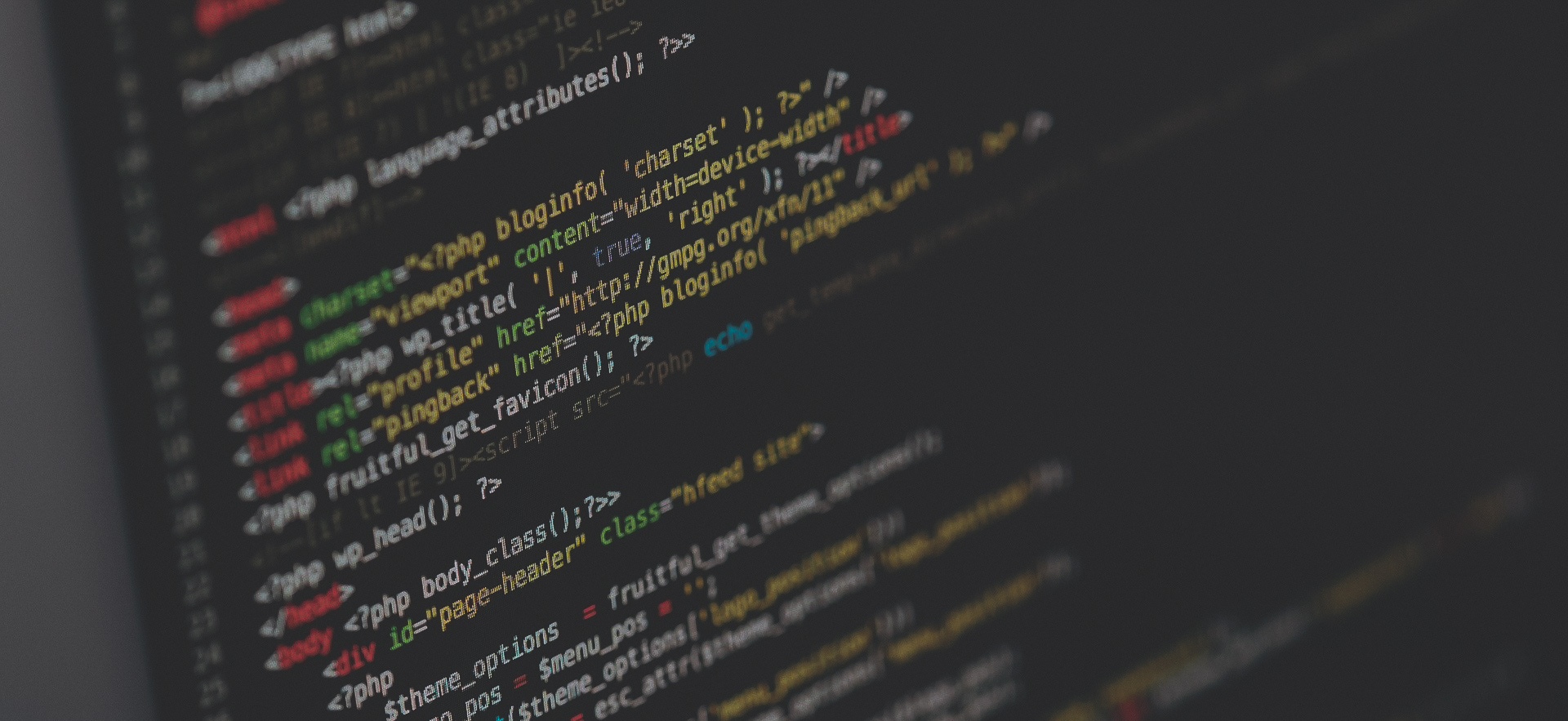Spring School Series
Models and Data
April 8 - April 10, 2021
As of 17 October 2023 this site is archived and is no longer being maintained. For up-to-date information on the DASIV Center, please visit go.sc.edu/DASIV
The third edition of Spring School on Models and Data will be virtual and will be held on Zoom from April 8 to April 10, 2021. The registration is free. The invited speakers are
The main events will be: a lecture by Ron DeVore at 4:30pm EDT on Thursday, April 8; three one-hour interactive lectures by Lars Ruthotto each consisting of 20 min presentation, 15 min discussion and questions, 15 min coding/numerical experiments, and short breaks in between from 2:00pm to 5:00pm EDT on Friday, April 9; and a lecture by Stanley Osher at 2:00 EDT on Saturday, April 10, 2021.
The topics addressed in the Spring Schools pertain to ongoing vibrant developments in areas like machine learning, notable deep learning, computation harmonic analysis, scientific computing in data poor situations, transport information geometry, as a pillar in data science, or uncertainty quantification, mean-field games and related modeling or numerical analysis aspects.






Deep Learning is much publicized and has had great empirical success on challenging problems in learning. Yet there is no quantifiable proof of performance and certified guarantees for these methods. This talk will give an overview of Deep Learning from the viewpoint of mathematics and numerical computation.
Deep generative models (DGM) are neural networks with many hidden layers trained to approximate complicated, high-dimensional probability distributions from a finite number of samples. When trained successfully, we can use the DGMs to estimate the likelihood of each observation and to create new samples from the underlying distribution. Developing DGMs has become one of the most hotly researched fields in artificial intelligence in recent years. The literature on DGMs has become vast and is growing rapidly.
Some advances have even reached the public sphere, for example, the recent successes in generating realistic-looking images, voices, or movies; so-called deep fakes.
Despite these successes, several mathematical and practical issues limit the broader use of DGMs: given a specific dataset, it remains challenging to design and train a DGM and even more challenging to find out why a particular model is or is not effective. To help students contribute to this field, this mini course provides an introduction to DGMs and provides a concise mathematical framework.
The course will consist of three 45 minutes blocks each devoted to one of the three most popular approaches: normalizing flows (NF), variational autoencoders (VAE), and generative adversarial networks (GAN). In addition to a mathematical formulation, each block illustrate the advantages and disadvantages of the approaches using numerical experiments that students can use to deepen their understanding after the course. Our goal is to enable and motivate the reader to contribute to this proliferating research area.
Mean-field games play essential roles in AI inference and optimization problems and controlling natural disasters, such as COVID 19. In this talk, we present several results by our MURI team. We designed fast and reliable numerical algorithms with connections to AI and machine learning, controlling COVID 2019 pandemic spreading and planning optimal vaccine distribution. Several numerical examples and engineering experiments will be presented. Future directions will be discussed. This is based on joint works with many people at UCLA, Wuchen Li in University of South Carolina, University of Houston, and Princeton University.
Detailed schedule will appear here before the start of the Spring School.
16:30-17:30
Zoom meeting of all the participants who can introduce themselves and talk about their research interests.
An optimal experimental design approach to learn parameters for solving large-scale inverse problems
Gradients for Linear Quadratic Regulators with Nonlinear Controls
Perturbations in gut microbiome composition in response to food protein predicts anaphylaxis in genetically susceptible mice
Collective behavior in bacterial chemotaxis
14:00-15:00
Invited Talk
Stanley Osher, UCLA
Innovations in Mean-Field Game Theory for Scalable Computation and Diverse Applications
We invite young researchers, from undergraduate seniors to graduate students and postdocs to take part in the Spring School. There will be group discussions in which the participants will be able to introduce themselves, talk about the areas of their research, and some of them make short presentations of their research. The short presentations are sceduled for the mornings (in EDT) of Friday, April 9 and Saturday, April 10, 2021.
If you want to give a presentation, please submit your registration form by March 31, 2021 and include the title of your talk.
The Spring Schools attempt to contribute forming a corresponding mindset at a possibly early stage of a scientific career. We believe that the very topics addressed in the planned workshop series and their interrelation represent important developments in many ares of applied and theoretical sciences. The Spring Schools will foster the necessary critical thinking of young researchers, encourage their openness to perhaps unconventional approaches.
If you would like to attend this Spring School, register here to be an online participant by April 6, 2021.